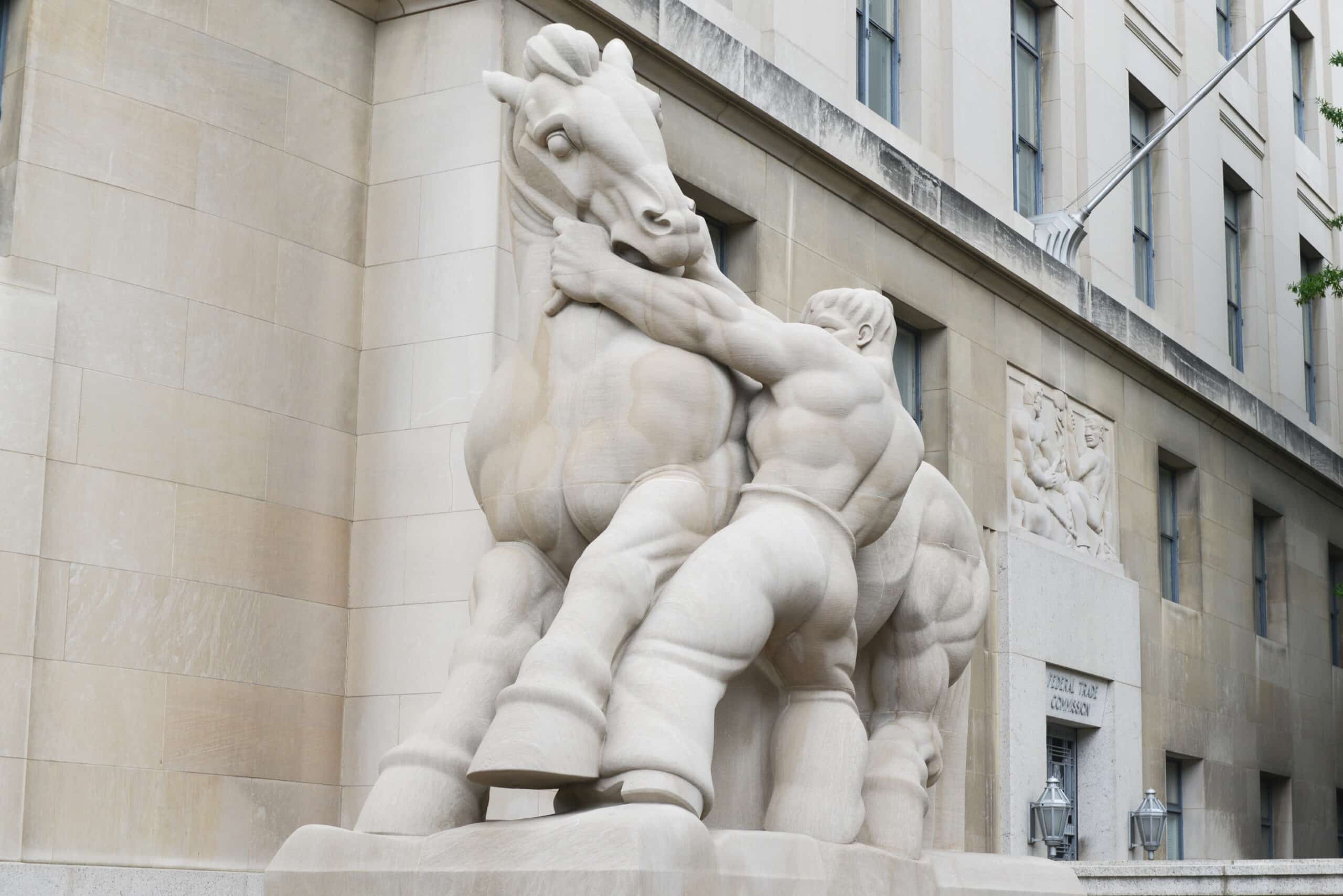Winning Dealer Business and Keeping It
What’s the secret to winning dealer business? It starts with understanding dealers.
That was the message during the Center for Auto Finance Excellence’s webinar yesterday, entitled “Winning More Dealer Business.”
The webinar is one of a series of four in 2014 presented by the Center for Auto Finance Excellence and sponsored by Fiserv.
Auto dealers are concerned that their profits are getting pinched, Sarah Richard Denton, F&I manager at Kelly Cadillac in Lancaster, Pa., told listeners. With the regulatory environment changing daily, making money on F&I has become more difficult. That’s why dealers know it’s best to invest in a good finance department staff. Lenders should, in turn, make an effort to develop relationships with dealers and educate them on all the latest regulatory issues.
Denton laid out some guidelines for lenders on how to win dealers over and maintain good relationships.
Provide regulatory schooling to your dealer base.
“It’s okay to say, ‘Hey, I want to review your deals and make sure your documents are up to date,’” she said. Workshops on leasing or other regulatory issues are also welcome. Questions about deviating from standard markups are fine, too.
But beyond the regulatory details, relationships between dealers and lenders is crucial, she said.
“Personal visits count,” said Denton, adding that it’s the finance manager who is the person in that dealership that makes the important decisions in the heat of a moment. She said when building those relationships, the lender’s people in the field need to have dealmaking power.
“If we have that person [with the authority to make deals] in front of us — it makes a big difference,” Denton said.
When making initial contact for a new relationship, a lender’s sales team should always ask for the F&I manager and have an elevator speech ready. Another point that might not occur to some lenders but that makes a big difference to dealers, Denton said, is to have a branded gift ready and a card with clear contact info in it. If the branded gift sits on a dealer’s desk — Denton said she has a lender-branded hand sanitizer on her desk — there’s a better chance that lender will be on the dealer’s mind when it comes time for them to finance a sale.
Coffee and donuts make a big difference to financing people who are often “chained to their desks” for 14 hours a day, Denton said.
Once the relationship has been established, there are a few simple rules to keep in mind:
Be available during open dealership hours.
“A lot of customers come in after 8 PM and we need to be able to reach lenders then,” she said. You might be surprised, Denton said, to know how many deals get made after 8 PM.
Timing is essential, so lenders should fund as fast as possible and make those documents easy to understand.
Set a residual value at the end. She said that geographic area often plays a role. But it’s also dangerous to fall into a trap that certain types of dealers can’t give you certain types of business.
As for the dealer’s role in the relationship, Denton said dealers need to be straightforward and consistent with the lender.
“It’s a matter of trust. We’re the eyes and ears for the lender. The lender isn’t the one sitting in front of the customer, we are. There are situations where customers have been less than honest, and we are the first line in vetting that out,” she said.
Denton said when a lender is seeking dealer group business, it’s important to remember that F&I directors at those bigger establishments often take a longer time to get on board.
“Do your research on the group and try to make a presentation that fits exactly what your competition’s shortcomings are,” she said.
She said smaller banks were often more agile in getting new programs into place.
Overall, the main criteria are speed, waits and rates, and in the end, it all matters. Response time, rate and funding. Remember, dealerships are cash-intensive.
And don’t forget those donuts and coffee.















